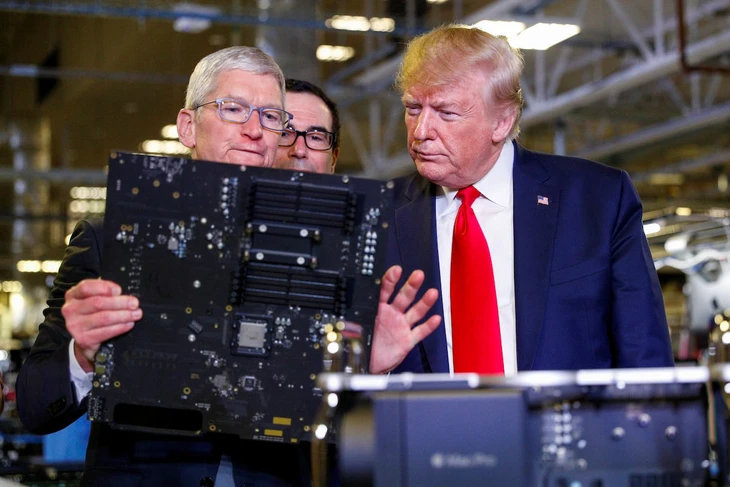
President Trump visits Apple's US manufacturing plant with Apple CEO Tim Cook in 2019 - Photo: REUTERS
On the evening of April 12 (US time), the US Customs and Border Protection announced that it would exempt some electronic devices imported into the US from reciprocal tariffs.
A list of 20 items was also specified, including smartphones, laptops, hard drives, computer monitors and machinery used to manufacture semiconductors and chips.
However, according to Mr. Stephen Miller - Deputy Chief of Staff of the White House in charge of policy for Mr. Trump, these electronic devices are still subject to the 20% tariff imposed on China earlier this year.
But the consumer electronics items mentioned above will avoid the 145% tariff that applies to goods from China alone and 10% to other economies , which is really good news for companies like Apple and NVIDIA in the US.
Results from lobbying
Asked about the reasoning behind the electronics exemption, White House press secretary Karoline Leavitt said in a statement: "President Trump has made clear that the United States cannot rely on China to produce critical technologies like semiconductors, chips, smartphones, and laptops."
Ms Leavitt said that “at the direction of the president”, companies including Apple, TSMC and Nvidia “are working to bring their manufacturing into the US as soon as possible”.
It can be seen that the statement has been flexible on the issue, avoiding acknowledging that the Trump administration is facing a lot of pressure from technology corporations and American consumers.
Speaking to CNBC, Dan Ives, director of global technology research at Wedbush Securities, called the tax exemption "a dream scenario for tech investors."
“I think the big tech CEOs have finally spoken out and the White House has to understand and listen to the situation that this is going to be apocalyptic for big tech if tariffs go through,” Ives said.
Likewise, Paul Ashworth, chief North America economist at Capital Economics, said the tariff exemptions represent “part of a cooling of President Trump’s trade war with China.”
“However there will be bigger winners in Asia, as the exemptions apply to all economies, not just China.
That means 64% of US imports from Taiwan are now exempt from the 10% reciprocal tariff, 44% from Malaysia and nearly 30% from both Vietnam and Thailand, and 10-12% of imports from India, South Korea and Mexico will also now be exempt,” Mr. Ashworth added.
Companies that have been subject to high import duties since April 5 can apply for a refund of the taxes they have paid, according to a new announcement from the US Customs and Border Protection.
Message for companies and countries
“These exemptions probably won’t be the last. The success of Tim Cook and Apple in getting their smartphones exempted from tariffs is likely to spur lobbying by companies in other sectors,” Ashworth said.
Since Mr Trump announced his tariffs, Apple has been one of the hardest hit tech companies.
The cost of iPhones will increase exponentially as Trump’s tariffs on China take effect, according to analysts at investment bank UBS. The price of an iPhone 16 Pro Max (with 256GB of storage) could jump 79% from $1,199 to around $2,150.
In an effort to mitigate the impact of Mr Trump's tariffs, Apple has reportedly been chartering cargo flights to transport iPhones from its factories in India to the US since March.
Reuters news agency said the company shipped 600 tons of iPhones, equivalent to 1.5 million devices, to the US.
Borrowing the US hurricane warning system to talk about Mr Trump's tariffs, Mr Ives previously described the tariffs on China as a "category 5 price storm for American consumers".
While the Trump administration sees tariffs as a way to get companies to invest in manufacturing in the U.S., Ives estimates it would take at least three years and $30 billion for tech companies to move 10% of their supply chains from Asia to the U.S. Not to mention the massive disruptions that would impact prices and supply chains in the meantime.
Despite the negative impacts, the general response of US technology companies has been to avoid publicly criticizing Mr. Trump's tariff policies.
According to Reuters, this comes from their fear of being targeted by the president and losing the opportunity to negotiate and convince the US government to include their sector or products on the exemption list.
Therefore, the lesson is to be patient, avoid public criticism and lobby quietly, along with some commitments to invest heavily in the US to receive tax exemptions and reductions.
Source: https://tuoitre.vn/tai-sao-ong-trump-mien-thue-doi-ung-voi-smartphone-va-loat-do-dien-tu-khac-20250413162003684.htm


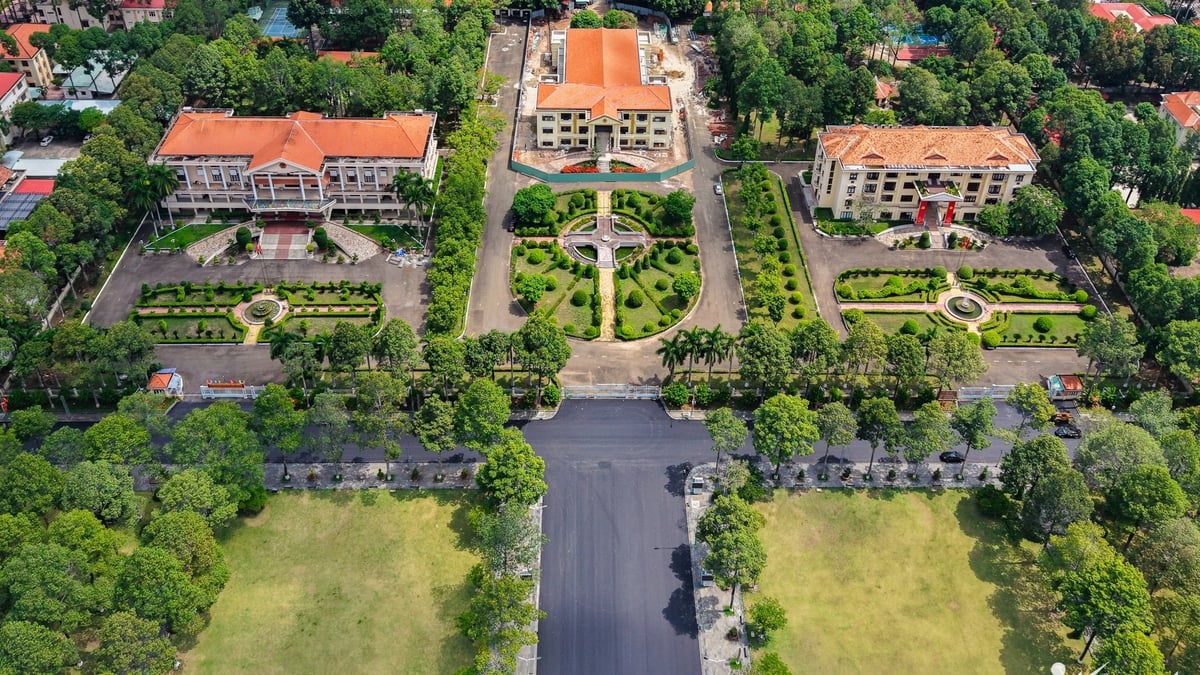

![[Photo] Prime Ministers of Vietnam and Thailand visit the Exhibition of traditional handicraft products](https://vphoto.vietnam.vn/thumb/1200x675/vietnam/resource/IMAGE/2025/5/15/6cfcd1c23b3e4a238b7fcf93c91a65dd)


![[Photo] National Assembly Chairman Tran Thanh Man meets with Thai Prime Minister Paetongtarn Shinawatra](https://vphoto.vietnam.vn/thumb/1200x675/vietnam/resource/IMAGE/2025/5/15/e71160b1572a457395f2816d84a18b45)
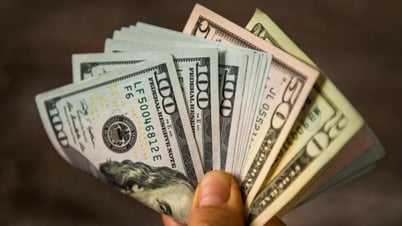



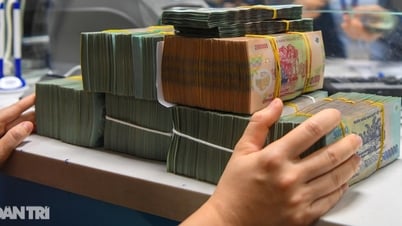


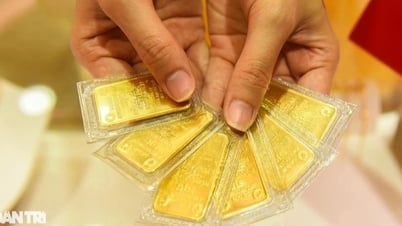
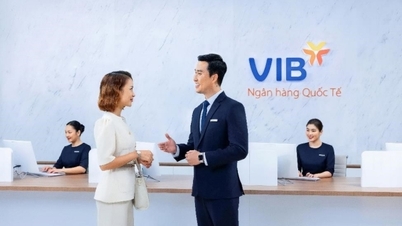























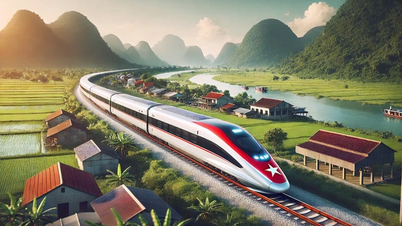

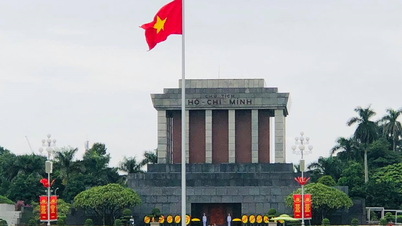








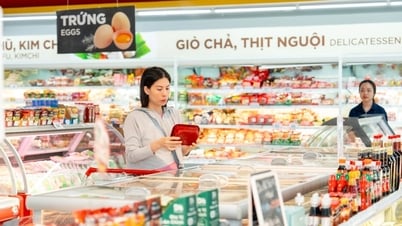








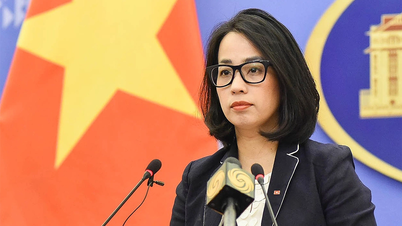


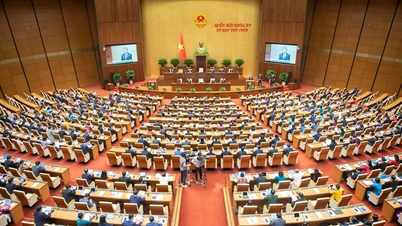

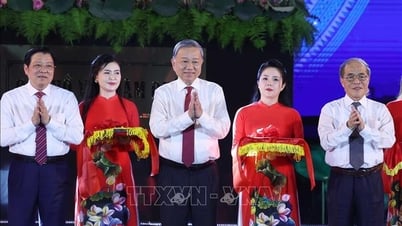

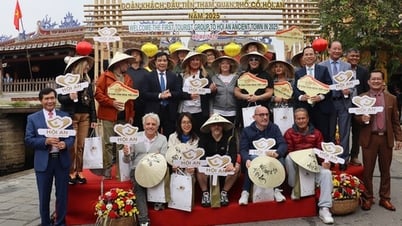




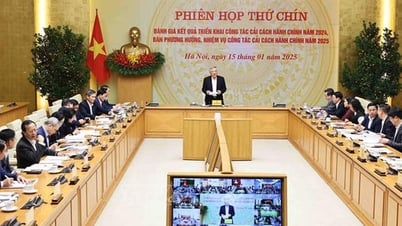
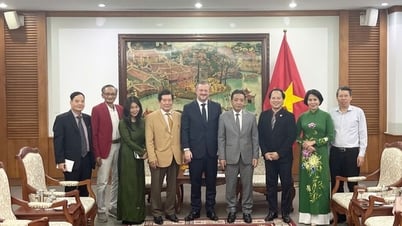


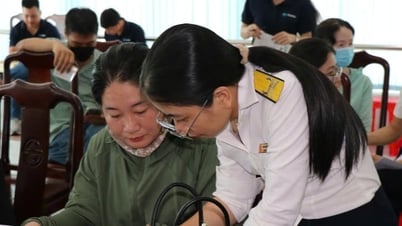

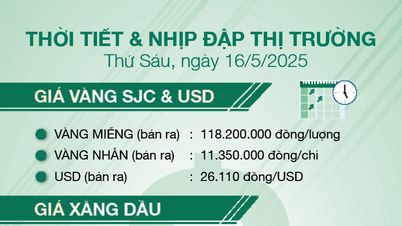
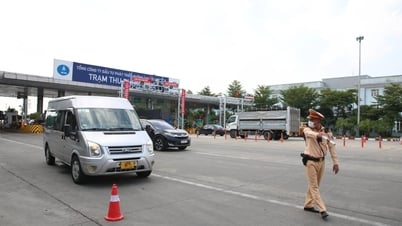








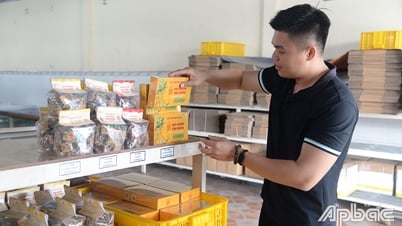




Comment (0)